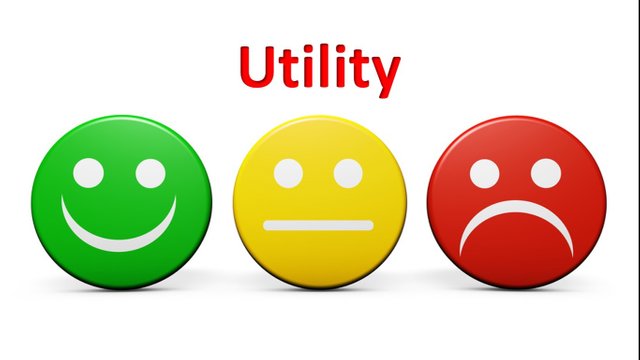
What is utility?
Utility is a term used by economists to describe the measurement of "satisfaction" that an individual experiences from any good, service or event (Building Queensland). Utility can be used to determine the extent a person enjoys an activity such as playing a game of tennis, or going to the theatre to watch a musical.
Utility maximising
Economists often assume that people behavour in order to maximise their own utility. For example, if a person has a choice between a banana and an apple and that person gains more satisfaction from eating bananas, the person will choose to eat the banana rather than the apple. If the person has to pay for the banana and the apple is free, the person may now choose the apple. This will decision will depend on the person’s budget, the price of the banana and the difference in utility they receive from eating the banana compared to the apple.
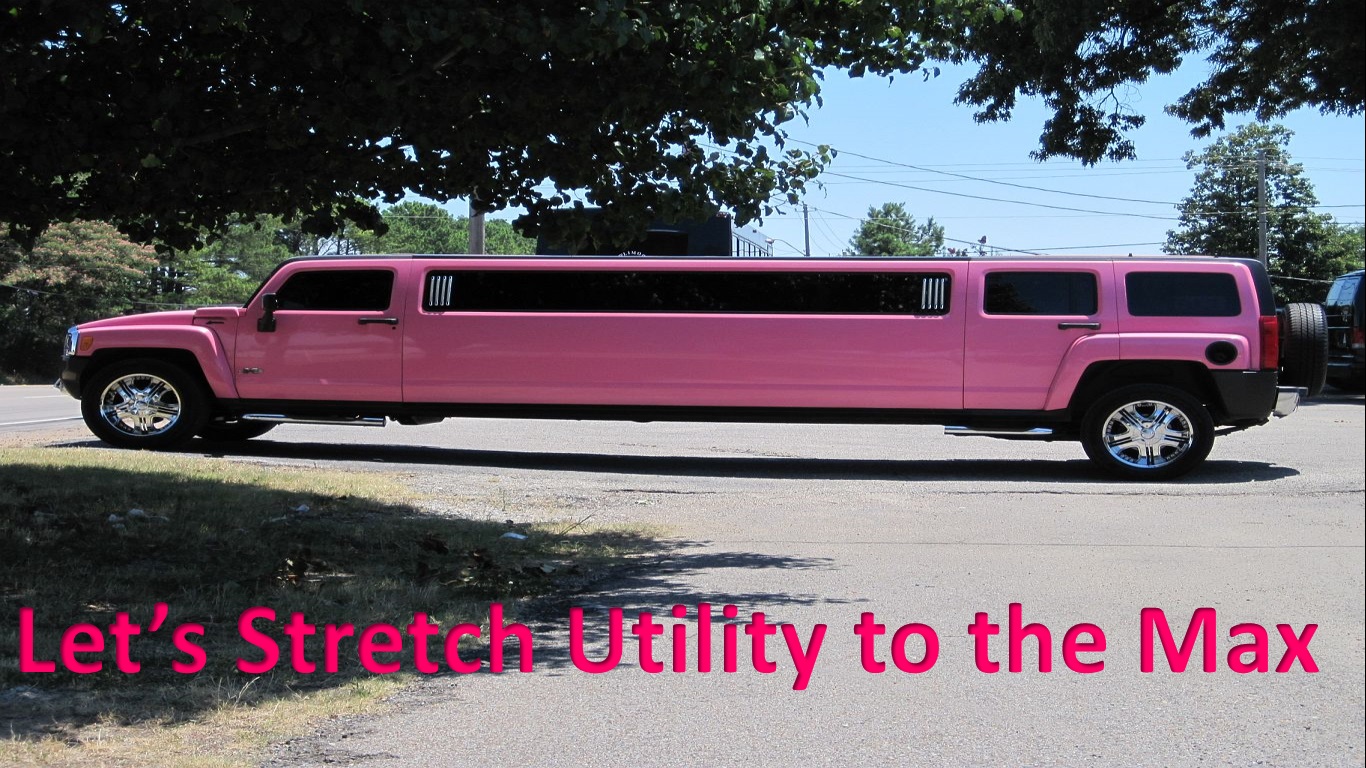
Positive and negative utility
Utility can be positive or negative. Something that provides you with satisfaction such as watching the next thrilling season of Supernatural, provides positive utility, what are those Winchester boys up to this time? Something that provides you with negative utility such as slipping on a banana skin, provides negative utility. People would pay more to watch the TV show ‘Supernatural’. Hence, the reason why people buy the show on DVDs. People would pay money to avoid slipping on banana skins. Hence, the reason people buy rubbish bags and brooms.
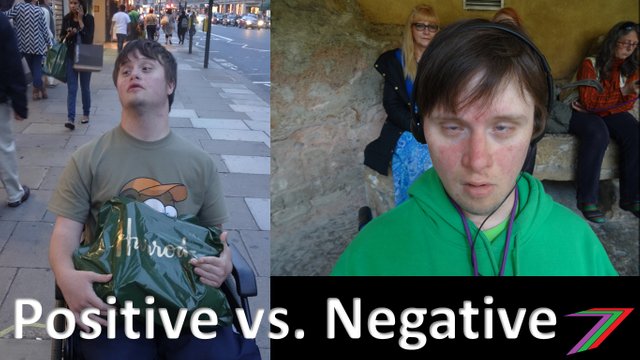
Bounded Rationality
People do not always know what they want. They do not know what will give them the most satisfaction as they lack perfect information regarding every alternative. It is assumed people will either make a decision based on the information they have or acquire more information. If a decision is made with the existing information, the concept of satisficing might be applied. Satisficing involves making a choice that meets just the basic requirements. For example, if a person is very hunger and they have a choice of plain bread or mysterious substance X. Plain bread may not taste great but will solve your hunger problem. Mysterious substance X could solve your hunger problem and taste better but we don’t know that for sure. Instead of making a choice, the person might want to investigate what substance X actually is. Is an investigation worth the time and effort?
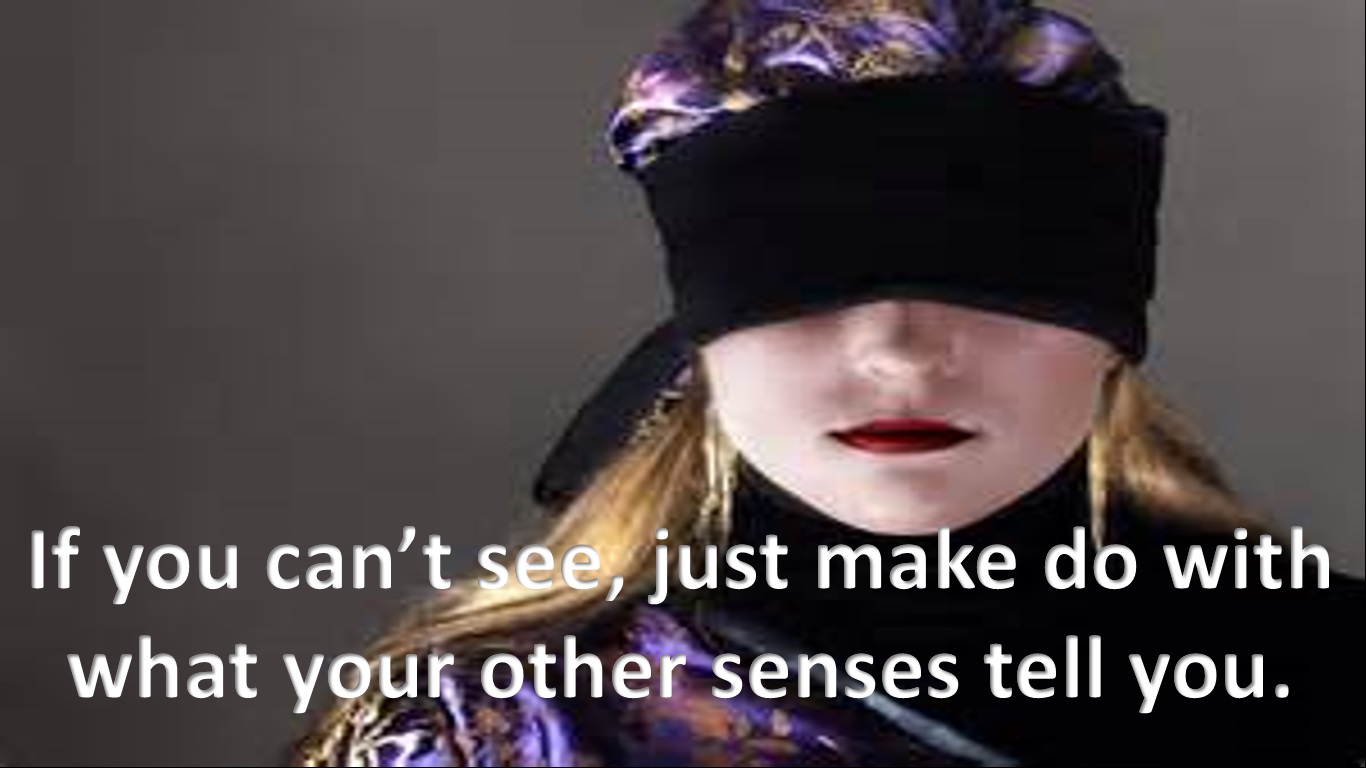
Measuring utility
How do we measure utility? Here are three suggested approaches to measuring utility. They are as follows:
- Cardinal approach
- Ordinal approach
- Relative utility approach
Cardinal approach
Cardinal approach involves assigning values to utility obtained from goods, services, and activities. These values are measured in ‘Utils’. Utils do not have a universally clearly defined value but have more of an intrinsic value to each individual. Whatever decisions provide the person with the highest value in Utils will be selected. A weakness of the cardinal approach is that utility cannot be compared between different people. I may place a value of 10 Utils on spending a day at the park and 15 Utils on spending a day at the beach. Chris may place a value of 200 Utils on spending a day at the park and 120 Utils on spending a day at the beach. This does not mean that Chris likes the beach 8 times more than I do.
Which car gives me the most utility (Cardinal Approach)?

Ordinal approach
The ordinal approach does not require an assignment of value but instead ranks goods, services, and activities based on utility. Whatever ranks higher is preferred. This is simpler than the cardinal approach and assignment of an exact value is not necessary. Most economists prefer the ordinal approach to the cardinal approach. The ordinal approach like the cardinal cannot be used to compare utility between two different people.
Which car gives me the most utility (Ordinal Approach)?
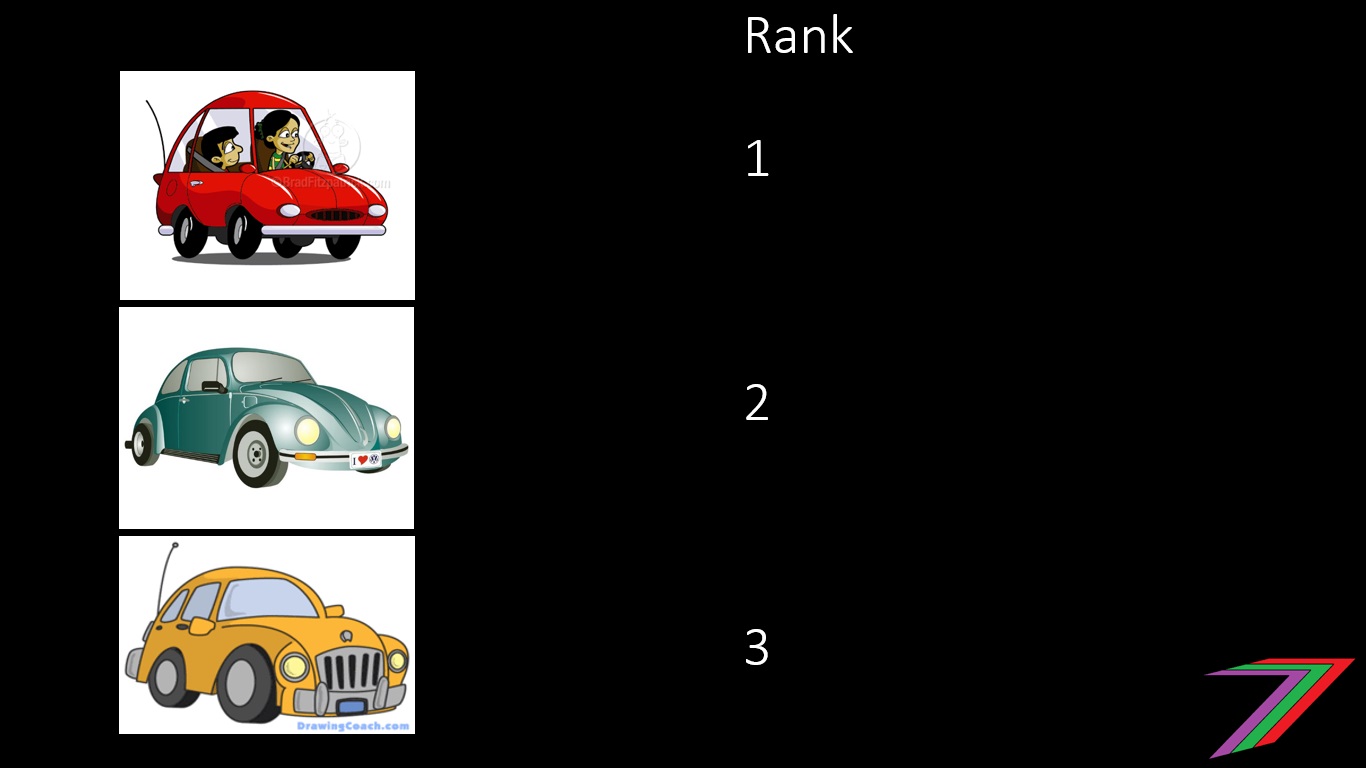
Relative utility approach
This is personally my favourite approach as it has elements of both cardinal and ordinal approaches. Initially, Utils are assigned to each good, service or activity. Then they are compared with each other. For example, I placed a value of 10 Utils on spending a day at the park and 15 Utils on spending a day at the beach. My relative utility of spending a day at the beach to a day at the park is 1.5 (15/10 = 1.5). Chris placed a value of 200 Utils on spending a day at the park and 120 Utils on spending a day at the beach. His relative utility of spending a day at the beach to a day at the park is 0.6 (120/200 = 1.5). Relatively utility approach makes it possible to make comparisons across different people. As we are comparing ratios instead of ambiguous utility values.
Which car gives me the most utility (Relative Utility Approach)?
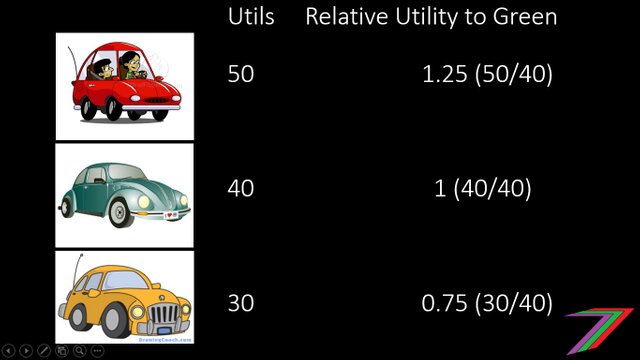
Conclusion
Utility is a very important concept in economics and one that I make reference to in many of my posts. It is important to determine what drives human behaviour. Understanding how utility functions provides us with great insight into human behaviour.
I hoped you enjoyed my first post in my economics concept series, I have many more to come. Check out this month’s schedule using the following link: https://steemit.com/economics/@spectrumecons/spectrum-economics-line-up-for-november
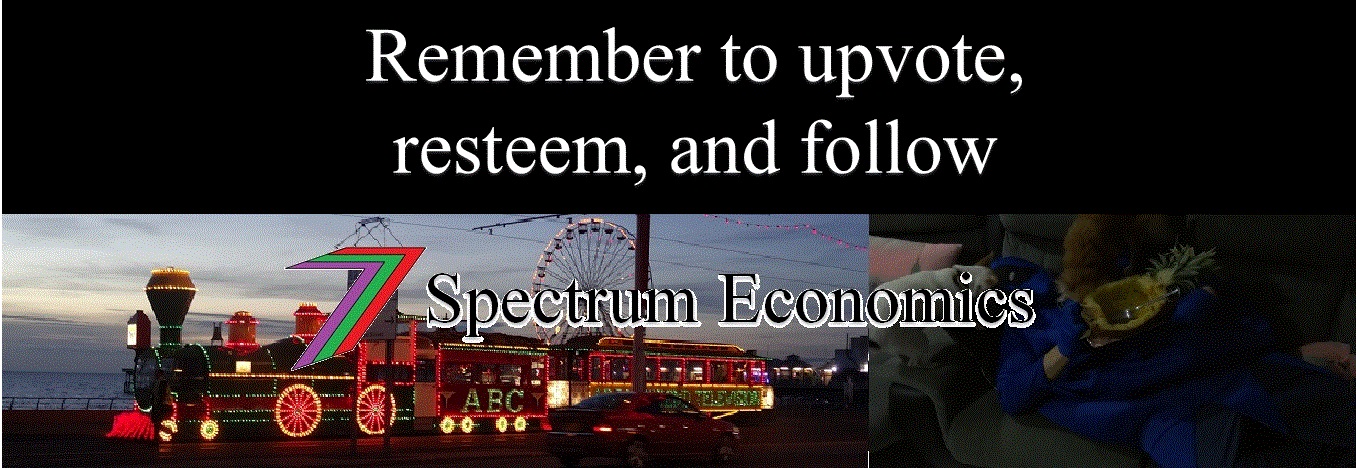







This is a great introduction to mainstream ideas surrounding utility. Hopefully, I am not out of line if I pushback against the mainstream a little bit....
The biggest problem with "utility" is the simple fact that there are no utils in the world to be counted or measured. I see three potential responses to this problem:
The Neoclassical approach is to say that utility is simply a conceptual framework that they (the economists) themselves impose upon acting individuals. As such, people act "as if" they were maximizing utility when, in point of fact, there is no such thing to be maximized.
The Austrian approach insists that Neoclassical efforts to impose a relatively constant framework upon human action is forelorn, since individual values change far too fast for us ever to gather enough behavioral data to ever build a robust utility function - and even if we did gather enough data, such a function would quickly expire as the individual's preferences shift again. The Austrian solution, by contrast, is to make utility an utterly subjective value that only resides "inside" each individual actor's mind, totally beyond the direct observation of any "outside" observer.
The Pragmatist approach totally rejects the "container" metaphor at the heart of the Austrian approach, while at the same time remaining aloof from the Neoclassicals efforts to cram changing, qualitative actions into a static, quantiative model. Instead, "utility" and "value" are words or signals by which we coordinate, rationalize and even justify our actions to each other. These words to not "correspond" to any object at all - whether it be out in the objective world or "inside" the subjective container of the mind. Instead, all such talk is like a quarterback calling an audible during a football game in order to coordinate the teams future actions.
No doubt, other approaches could also be listed, but I fear that this little addendum has already exceeded the word limit that etiquette demands. :)
Downvoting a post can decrease pending rewards and make it less visible. Common reasons:
Submit
Thanks for the additional analysis @paradigms.lost. I feel a key problem is that people generally don't understand what really makes them happy. A lot of decisions are made based on the perception at the time. This perception is generally either partially informed, uninformed, or misinformed.
There is also a misconception that utility is derived from the acquisition of something. The acquisition of something is just a static moment in our lives. We should be looking at utility derived from activity. There needs to be greater acknowledgement of the cross over between economics and psychology. In many ways psychology comes first and behavioural economics follows.
Downvoting a post can decrease pending rewards and make it less visible. Common reasons:
Submit
This is nicely written. I majored in Economics at graduate school and I was wondering what your thoughts are on Behavioral Economics and the recent Nobel prize winner for Economics, Richard Thaler. If you have time please tell me your thoughts on this article I wrote.
https://steemit.com/writing/@yomibolo/the-importance-of-behavioral-economics-in-resolving-everyday-issues
Your content is very relevant. Definitely going to follow you here and on youtube. Have a great day.
Downvoting a post can decrease pending rewards and make it less visible. Common reasons:
Submit
Thanks for reading my post @yomibolo, I'm glad you enjoyed reading it.
I am actually quite a fan of behavioural economics. I find it interesting what motivates decision-making. Economics taught in universities focus quite heavily on maximising revenue and minimising costs. There is some focus on utility but it does not go deep enough.it is often assumed that people make decisions to maximise utility. This is only sometimes true. It is more often true that people make decisions to maximise their perceived utility. What is even more typical is that people make do with what they are familiar with or how they feel in the moment.
I have read your post. I like it and I think it is very informative. Behavioural economics is still an emerging field and can be quite difficult to grasp as it also draws on elements of psychology.
In regards to Richard Thaler, I am only vaguely familar with his work. I would therefore have to read up a little more on what he has done to be able to comment. Maybe you could write a post outlining his work.
Downvoting a post can decrease pending rewards and make it less visible. Common reasons:
Submit
It seems to me that ordinal utility, although a little generic, can produce insights with less error and it's also easier to handle in calculations since you then use a scale and not quantity. What do you think?
Downvoting a post can decrease pending rewards and make it less visible. Common reasons:
Submit
Ordinal utility is less likely to be misleading as exact values are not being applied. All that is required is that we know the order or rank that of the good, service or activity based on utility provided.
For example, I prefer tea over coffee. Therefore, I buy tea instead of coffee. Assigning a value to tea or coffee does not affect my decision to buy or coffee. I simply select what gives me more value (utility). Mathematical calculations seem unnecessary when we can achieve an outcome just based on ranking.
Downvoting a post can decrease pending rewards and make it less visible. Common reasons:
Submit
img credz: pixabay.com
Nice, you got a 4.0% @minnowbooster upgoat, thanks to @spectrumecons
Want a boost? Minnowbooster's got your back!
Downvoting a post can decrease pending rewards and make it less visible. Common reasons:
Submit
The @OriginalWorks bot has determined this post by @spectrumecons to be original material and upvoted(1.5%) it!
To call @OriginalWorks, simply reply to any post with @originalworks or !originalworks in your message!
Downvoting a post can decrease pending rewards and make it less visible. Common reasons:
Submit
Thank you for posting
Downvoting a post can decrease pending rewards and make it less visible. Common reasons:
Submit
No problem, thanks for taking the time to comment.
Downvoting a post can decrease pending rewards and make it less visible. Common reasons:
Submit
This wonderful post has received a bellyrub 15.28 % upvote from @bellyrub.
Downvoting a post can decrease pending rewards and make it less visible. Common reasons:
Submit
Great article
Downvoting a post can decrease pending rewards and make it less visible. Common reasons:
Submit
Thank you @marshalllife, your support is appreciated.
Downvoting a post can decrease pending rewards and make it less visible. Common reasons:
Submit
Congratulations! In addition to the vote from @randowhale, you also received a vote from @randowhaletrail!
Downvoting a post can decrease pending rewards and make it less visible. Common reasons:
Submit
Thanks @randowhaletrail, it is truly appreciated.
Downvoting a post can decrease pending rewards and make it less visible. Common reasons:
Submit
This is a great article on utility! I am firmly of the opinion that more economic education would make the world a better place. I will follow and watch for more great articles from you.
Downvoting a post can decrease pending rewards and make it less visible. Common reasons:
Submit
This post has received a 6.47 % upvote from @buildawhale thanks to: @spectrumecons. Send at least 1 SBD to @buildawhale with a post link in the memo field for a portion of the next vote.
To support our daily curation initiative, please vote on my owner, @themarkymark, as a Steem Witness
Downvoting a post can decrease pending rewards and make it less visible. Common reasons:
Submit
great job
Downvoting a post can decrease pending rewards and make it less visible. Common reasons:
Submit
Thanks @arindammroy. I'm glad you enjoyed it.
Downvoting a post can decrease pending rewards and make it less visible. Common reasons:
Submit
I wonder what economics has to say about the relation between the utility and price function.
They seem to be positively correlated, yet the buyer of a product wants to maximize utility and minimize price, while the opposite is the case for the seller.
Downvoting a post can decrease pending rewards and make it less visible. Common reasons:
Submit
Well utility is a determinant of demand. People are willing to pay more for a good that provides more utility.
Buyers want to maximise consumer surplus by paying a lower price. Sellers want to charge more but cannot charge more than a person is willing to pay. It is a game of judgement.
Downvoting a post can decrease pending rewards and make it less visible. Common reasons:
Submit